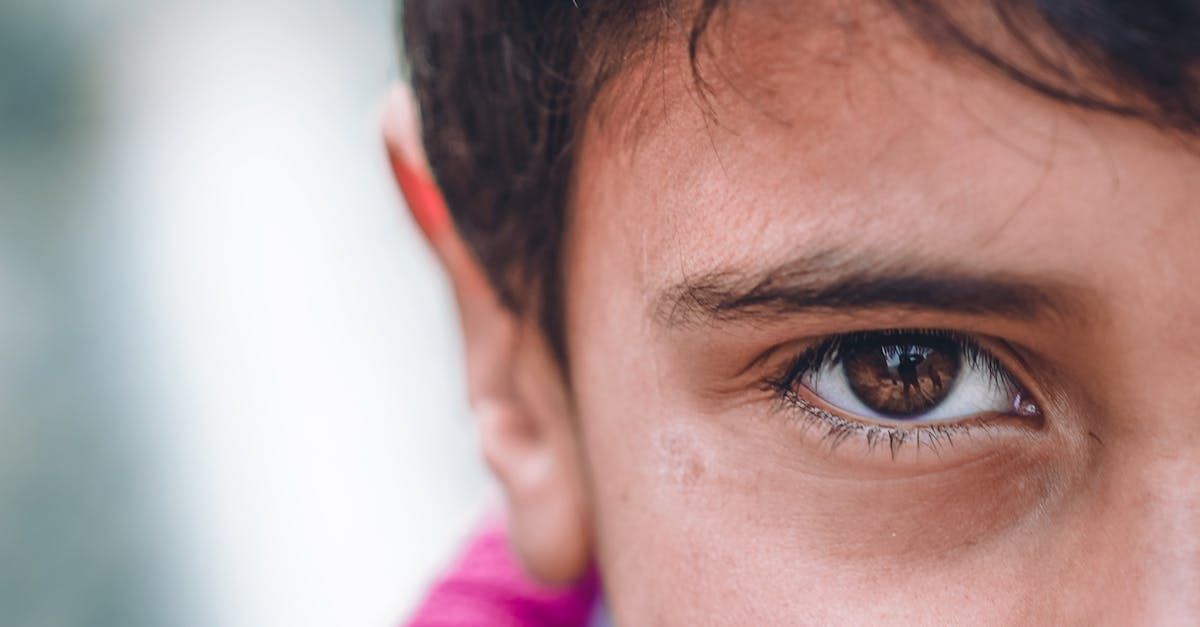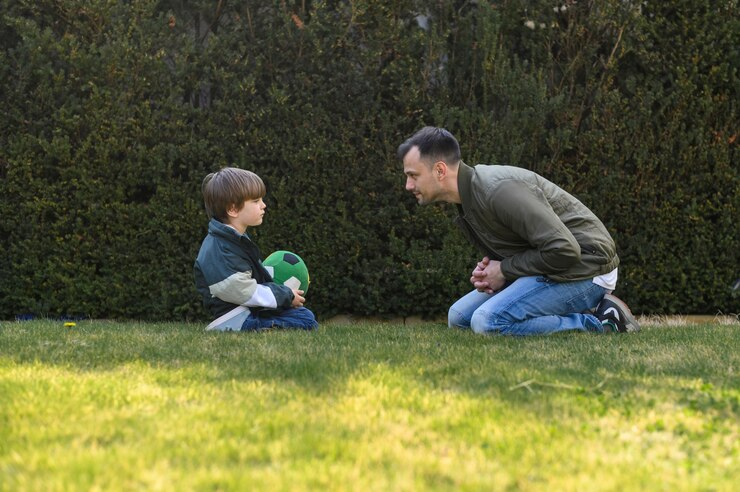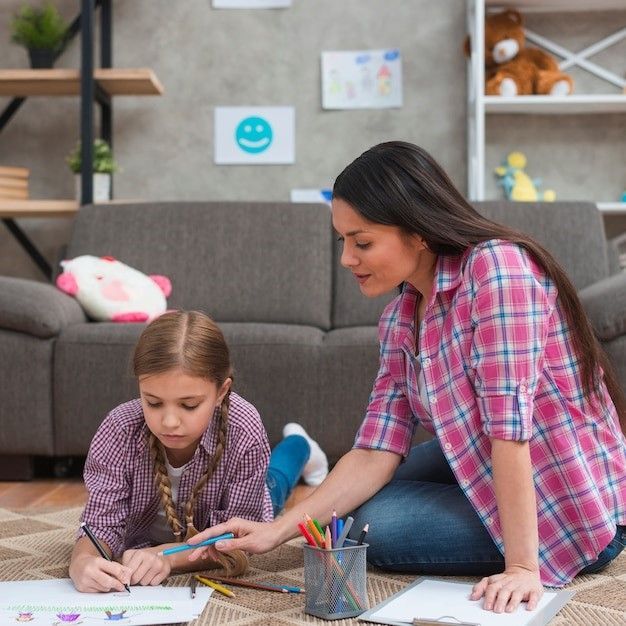Breaking Stereotypes: The Importance of Dads in Parenting Classes
Hello there! I'm Dr. Ceara Deno from Sweet Spot Parent Coaching, and I'm happy to have you here. Today, let's delve into an important topic that often gets overlooked: the pivotal role of dads in parenting classes. You see, when it comes to parenting, dads are sometimes sidelined or stereotyped as less involved. But let me tell you, dads play a crucial role in raising happy, healthy children, and it's time we break those stereotypes. So, grab a cup of tea, and let's explore why dads should be an integral part of parenting workshops and online classes.
● Unique Perspectives:
Dads bring a fresh perspective to the table. They approach parenting with their own set of experiences, values, and insights. By actively participating in parenting classes, dads can contribute unique viewpoints that enrich the learning experience for everyone involved. So, if you're searching for a "parenting workshop near me," remember that these workshops are not just for moms; they're for dads too!
● Building Strong Bonds:
Parenting is all about building strong bonds with your children. When dads engage in parenting classes, they not only enhance their parenting skills but also strengthen their bond with their kids. Whether it's learning how to communicate effectively or mastering the art of active listening, dads can develop invaluable skills that foster deeper connections with their children.
● Breaking Gender Stereotypes:
Society often imposes gender stereotypes that dictate certain roles and responsibilities for men and women. However, parenting is not confined to gender norms. By participating in parenting classes, dads challenge these stereotypes and demonstrate that nurturing, caregiving, and emotional support are not exclusive to mothers. It's about time we break free from outdated gender roles and embrace a more inclusive approach to parenting.
● Positive Role Modeling:
Children learn by example, and dads serve as powerful role models in their lives. By actively engaging in parenting classes, dads demonstrate to their children the importance of lifelong learning, growth, and self-improvement. They show that it's okay to seek help, ask questions, and strive to become better parents. In essence, dads become living examples of the values they wish to instill in their children.
● Shared Responsibility:
Parenting is a shared responsibility between both parents. By participating in parenting classes, dads reaffirm their commitment to being actively involved in their children's lives. They recognize that parenting is not solely the mother's duty but a joint effort that requires mutual support, understanding, and cooperation. Online parenting classes for dads provide a convenient platform for fathers to enhance their parenting skills while balancing other commitments.
● Supporting Sensitive Parenting:
As a certified parent coach and pediatrician, I understand the challenges that sensitive families face. Sensitivity in parenting is not a weakness but a unique approach that requires empathy, patience, and understanding. Dads, just like moms, play a vital role in supporting sensitive parenting practices. By participating in specialized parenting workshops tailored to sensitive families, dads can learn effective strategies for nurturing their sensitive children and creating a supportive home environment.
● Celebrating Diversity:
Every family is unique, and diversity should be celebrated and embraced. Parenting classes provide a platform for dads from diverse backgrounds to come together, share their experiences, and learn from each other. Whether you're a first-time dad, a single dad, or a stay-at-home dad, there's a place for you in parenting classes. Embrace the opportunity to connect with other dads, exchange stories, and grow together as parents.
Let's Rewind:
Dads play a vital role in parenting, and their involvement in parenting classes is crucial for holistic family development. Whether you're looking for a parenting workshop near you or exploring
online parenting classes for dads, remember that you are not alone on this journey. Together, let's break stereotypes, challenge norms, and create a nurturing environment where every parent is valued and supported. Thank you for joining me in this enlightening discussion, and I look forward to seeing you in my next parenting class!
If you're interested in learning more about my parenting workshops or online classes for dads, feel free to reach out to me at Sweet Spot Parent Coaching. I am here to support you every step of the way.











